|
I remember my childhood camping holidays well. They were always beside a Lake, a beautiful beach or surrounded by mountains. The sun always shone and our days were full of fun and freedom. I’m sure the reality was very different, but for me it’s those memories – rose-tinted as they may be – that drives me year after year to pack everything into a trailer, hitch it to the car and hit the road.
A couple of weeks of a simpler life are good for the soul – yet so many people make camping so much harder than it needs to be. Here are my top 10 tips for a successful family camping trip:
0 Comments
What a gorgeous way to end Christmas dinner or lunch with this delicious & healthy RAW chocolate tart!!! xxx CHOCOLATE PUDDING TART WITH COCONUT CREAM & GOJI BERRIES Crust: 1 cup walnuts 1 cup dates Chocolate pudding: 1 avocado 2 tablespoons coconut oil 2 tablespoons coconut nectar (or date paste) 2 tablespoons cacao powder 1 teaspoon vanilla extract Pinch of Himalayan salt 1/4 cup nut milk, as needed Coconut cream: See this recipe To make the crust: pulse the walnuts into powder then add the dates until it all begins to stick together. Press into a lined tart tin (mine was about 8 inches) and put in the fridge. To make the chocolate pudding: blend all the ingredients together in your food processor until smooth and thick... it should taste a-freaking-mazing. Spread evenly into your crust. Make the coconut cream, spread it on top of the pudding layer, and put back in the fridge overnight. Serve with goji berries, coconut flakes and cacao nibs. Nom. Source: www.thisrawsomeveganlife.com
Every year, as the ads come out weeks before Christmas showing tantalising visions of happy families in beautiful (spotless) homes with dazzling (colour coordinated) decorations and sumptuous (hot) dinners, we promise ourselves we will capture the magic this year. ‘I will plan earlier, get organised, write lists, whatever it takes.’ However, while our Christmas spirit is willing, we don’t actually have any more time or energy in December, despite the doubled up workload we embrace. Sadly, the ads never mention that kids still have to be cared for (and they aren’t any more likely to pick up after themselves), washing still has to be done and bathrooms cleaned (do Christmas fairies do housework?)
So we bust our butts writing cards (home made, of course), organising clothes (and haircuts) for the kids to attend Daddy’s work party with Santa (as we moan about spouses not being invited to the ‘grown ups’ version) and perusing cookbooks (late at night) to make this the best feast ever. A stressed mummy is hardly conducive to happy holiday memories, so it’s time to get a little perspective. Let’s ask ourselves, who is Christmas really for? The kids would probably think it was Christmas if they could eat bread with sprinkles and drink lemonade for lunch and little ones are often more intrigued with the packaging than the gifts. So why do we repeatedly succumb to this pressure of Christmas perfection? Instead, why not plan a bit of cheer this Christmas by chilling out, doing less and playing and laughing a whole lot more. After all, this is what little ones remember the most fondly. Here are a few reminders about taking care of you that make good sense all year around, because after all, taking care of little ones takes a lot of energy whether it’s the jolly holiday season or not. 1. Eat well Give yourself a head start in the energy stakes and maintain your energy levels until the afternoon by eating a nutritious breakfast; avoid empty calories – sweets and junk food will not sustain your energy and may cause mood changes as your blood sugar levels fluctuate. Opt for healthy snacks such as fresh fruit or vegetables, avocados, boiled eggs, cheese and crackers and include fish in your diet: deep-sea fish such as salmon, tuna and mackerel are rich in DHA, a fatty acid important in maintaining the nervous system. Studies show that a mother’s DHA levels become depleted as her body provides for the developing infant during pregnancy and breastfeeding, and low levels of DHA can lead to reduced concentrations of serotonin, which has been linked to depression. 2. Have a health check You need to be in peak health to meet the needs of your little ones as well as the demands of your busy life, so take time to have a health check: thyroid disorders, low iron and vitamin D levels can all make you feel exhausted but a simple blood test will reveal if you need treatment. 3. Delete and simplify Take a look at everything you do each day and make a list, then check which things you have to do, what you like or don’t enjoy doing, what can wait, where you can take shortcuts – then delete, delegate or simplify. Meals, for instance, can be simplified without resorting to takeaways. Use slow cookers, batch and freeze, organise a mama bake group, eat more raw foods. Do just one bigger job a day – rather than clean the entire house, just clean or tidy one room or shelf, by the end of the week it will all get done and if it doesn’t , as long as choking hazards are picked up, no small children will suffer because they lived in an untidy house; they won’t remember whether they wore clothes that were ironed or not and they won’t give a toss if they ate cheese on toast and fruit for dinner some nights or if they ate a picnic dinner in the bath. That saves clean-ups and mess goes down the plughole, you are multi–tasking so it saves time and everyone has fun. 4. Protect your mental energy Learn your early warning signs that you are entering your ‘overwhelm zone’ – you feel extra tired; you start to say yes when you know you should have said ‘no’; your shoulders are up and tense; you are yelling too much; you are feeling anxious. These are all signs you need to stop and take time out, whatever that is for you and however you can manage this. It might mean sitting in the sun while your toddler plays outside or having an afternoon nap with your baby. Perhaps you could hire some help or invite a friend over just for one afternoon so you can go to bed while she cuddles the baby or plays with your toddler. Inviting a friend over can be great if your stress is affecting your mothering – it’s like having ‘supervision’ as well as support. You are less likely to have a mummy meltdown if you have company. You can take turns helping each other. 5. Reduce your negative self-talk, especially about how much you are achieving If you feel as though you haven’t achieved anything all day/all week/all year – whatever, stop this negativity and try looking at your day as though you are making a movie of yourself. Follow yourself through your day and acknowledge everything you have done – so the floors may be scattered with toys, the benches might be piled with junk and you have no idea what you are making for dinner – but you have engaged with your baby, fed him, cuddled him, rocked him, smelt his delicious smell, you have sat outside with your toddler, listened to his chatter, seen the world through his eyes, survived the tantrum about the toast, listened to your mother on the phone as you wiped a toddler’s bottom with your other hand… maybe you even managed to have a shower among all of this – you haven’t achieved nothing! You have worked all darn day! So look at all of this as though you are watching a movie – and tell yourself – I am friggin amazing! 6. Ditch the guilt Divide guilt into ‘piles’ – good guilt that motivates, and bad guilt takes you away from the present and if we dwell on guilt, that adds to our stress load. We tend to over compensate – often giving in when we should actually be setting boundaries or indulging our child when all we need to do is apologise, acknowledge what we have done that disappointed us and our child, and move on. Guilt can be a signal that we might need to do things differently, so instead of being overcome, try and work out what happened – why did we lose our temper, perhaps – and how could we do things differently next time? 7. Have fun! Set yourself a goal to do one fun thing every day before lunch. If you are too stressed right now to be spontaneous, write a list and stick it to your fridge – your spontaneity will develop as you see the positive response from your little ones. Calendar in one day every month this year as ‘fun’ day – have fun as a family. Whether you have a baby or older kids, focussing on fun will mean you are more aware and you will soon lighten up and find ways of having fun more often than just once a month. Best of all, you will be modelling for your children so they will seek out fun experiences in their lives in a positive way too. Pinky McKay is an International Board certified Lactation Consultant (IBCLC) and best-selling author, with four titles published by Penguin including Parenting By Heart, Sleeping Like a Baby, 100 Ways to Calm the Crying and Toddler Tactics. See Pinky’s books and sign up for her free newsletter at her www.pinkymckay.com Baby massage is a great way to feel more connected to your little one and to make you both that much calmer and relaxed. If you haven’t given it a try before, follow these steps from our ambassador, yogi Nikki Ralston.
Soothing baby Humans are hard wired for connection. It’s what feeds and nourishes us and brings us joy. Touch is the language that transcends all boundaries and provides an opportunity to strengthen bonds, especially between parent and child. If you’re a parent, you know how it goes – you soothe your baby, they are all ‘cooey’ and happy then the minute you put them down they start wailing, calling out for that connection they love and crave, so you pick them up and in a second they are all happy and smiley again! If just holding your baby can be so soothing and nourishing, imagine how much both you and baby will benefit from a full body massage. In fact, studies have shown that massaging an infant can reduce crying and fussiness, help them sleep more peacefully and help alleviate constipation and colic. Research also suggests baby massage can boost their immune system and help produce more of the connecting hormone oxytocin in both of you. Oxytocin is that wonderful hormone produced while breast feeding, that chemical responsible for the gooey eyed, loved up feeling. But as we know, not all mothers are able to breast feed and of course dads can’t! When you give your baby a massage you are actually stimulating their nervous system, which sets off a chain reaction and makes the brain produce more serotonin and less cortisol (much like what yoga or a massage does for adults.) As a result your baby’s heart rate and breathing slow down and they become more relaxed. So it’s a great way for you both to feel more connected, loved up and peaceful – and for baby to reap the health benefits as well as having calm happy parents. Set the mood Giving your baby a massage is as simple as it is enjoyable, so make sure that the room is warm, quiet and the light is not too bright. Pick a time when baby is relaxed but alert, because if you try to massage a fussy, tired baby you may over-stimulate them. Make sure baby has been fed and you’ve changed their nappy. A great time is after you’ve bathed them in Sleepytime Bath as the lavender and geranium oils also have a calming effect that helps to relieve stress. Remove any jewellery that might catch or scratch. And you can use Baby Moisturiser that also has lavender and geranium oil, blended with olive, jojoba and coconut oils and shea butter. Strip baby down to just a diaper and lay them face up on a towel. Make sure your hands are warm, then take a moment and take a few deep breaths before you begin, tuning in to your breath and your heart energy. Let’s begin Feet and legs Start at the feet, which are a slightly less sensitive area for baby. Place the pad of your thumb on the sole of their foot and massage in small clockwise circles. Holding their foot, sweep your thumb upwards from the heel to the toes, then gently massage each toe lightly. Gently but firmly, wrap your hands around baby’s leg and glide your hands one at a time from the ankle to the thigh and back down. Do this a few times and then repeat on the other leg. Belly massage Massaging the tummy is a lovely way to help baby feel safe and secure, as well as helping with tummy troubles such as colic and constipation. Place your hands at the level of your baby’s navel. In a clockwise motion, rub your fingertips firmly but gently over the tummy. A popular technique is the ‘I LOVE U’ technique. To do this: – Start with your right hand on the left side of your baby’s tummy (your right) and make a single downward stroke (the I) – Make a backward, sideways ‘L’, going from your baby’s right to left side. – Make an upside down ‘U’, going from your baby’s lower right side, up, across and down the left side of the baby’s tummy. Say the words ‘I love you’ as you go through the strokes. Repeat a few times as long as baby is still settled. To help relieve wind, bend both knees up to the tummy and hold for about 30 seconds before releasing. Repeat a few times. Chest If baby is sensitive on the chest just hold your hands over the heart and connect with each other’s energy. Massaging the chest can help relieve congestion, with both hands at the centre of the chest, stroke them out to the sides as if you were gently smoothing out sand, glide your hands down, then around, then they should meet in the centre again. Arms It can be surprising how much tension a baby can hold in their shoulders and arms. Gently roll your baby’s arm between your hands, starting at the shoulder and moving down to the wrist. Using the pads of your thumbs gently open their hand, roll each tiny finger between your index finger and thumb, then stroke the top of their hand from the wrist to the fingertips. Repeat on the other arm. Face Massaging the face can help relax tension caused by sucking, crying and with the discomfort of teething. Babies love to mirror your movements and expressions. It is a lovely moment to make eye contact and have a happy time together, even making soft ‘ahhhhhh’ sounds together. Make small circles along the jaw with your fingertips. Join fingers or thumbs gently between the eyebrows and trace a ‘sweet heart’ over the forehead, down the sides of the face meeting at the chin. Repeat a few times. Back Massage on the back can encourage strengthening of the neck, shoulders and arms, as baby lifts their head; as well as having a calming and relaxing effect. There are many ways to position your baby to encourage them to enjoy being on their front. This may be best on your lap or cradled in one arm if the baby is very young. With baby lying on their front, start at the top of the back, at a right angle to the spine. Move your hand back and forth, in opposite directions, going down the back to the buttocks, then up to the shoulders and back down again. Then swoop your hand from their neck all the way down to their feet. Skin on skin Finish with some skin to skin contact – this is great for all babies. Touch is so healing and nourishing for us all – for older babies it’s a great way to introduce what a gentle loving touch is and feels like, so we can remind them when they get a bit boisterous and grabby! Remember to stay connected to your breath throughout so that it’s an enjoyable ritual for you both, and always conclude the massage if baby is over-stimulated or upset. Remember you can always try again another time. Peace, love and snuggles! Nikki Ralston has been working with the human body for over 15 years. She devised the Ralston Method, which blends together elements of hatha, vinyasa, precision alignment and mindfulness teachings. She is also the owner of Urban Ashram in Auckland. The early stages of parenting a newborn are extremely physical and emotionally draining. During this time, your wellbeing is just as important to your baby’s growth and development as it was during your pregnancy. For some mothers, postnatal hormones create a sense of euphoria and a surge of energy that can dramatically subside in the first week. Being aware of this can help you manage your time and energy better, and confirms that what you are going through is normal. I recommend four key strategies for managing this time:
However, if you are without help, try to rest when your baby sleeps. Resist falling into the trap of ‘I’ll just do the washing/mop the floors, etc.’ and then have a lie down — in the first few weeks there is no guarantee how long your baby will sleep. Rest first, chores second. A mini-nap can do wonders to replenish energy 2. Worry less about doing things the ‘right’ way Don’t worry about doing things the ‘right’ way. Practice, trial and error, and don’t expect perfection from yourself or your baby. Try not to feel guilty if sometimes you get it wrong or think you have got it wrong — remember there is no right or wrong way to parent. Besides, babies are endlessly forgiving! The fewer expectations you place on yourself — and your baby — the better your experience will be. The biggest change will be the pace at which you live — everything now takes longer than you expect. Gone are the days when just hopping in the car and driving to the shops takes 20 minutes — it will take you all that time just to get into the car! Remember what doesn’t get done today can always wait until tomorrow. Try not to be over-ambitious. And don’t feel beholden to arrangements. I believe it is always a new mother’s prerogative to change her mind. Parenting isn’t about achievement — it’s not a competition! 3. Ask for and accept offers of help It is not a failure to ask for help — on the contrary, it demonstrates that you know your limits and are able to respect them. Your partner can be your greatest ally. Remind yourself that he or she is learning along the way and that this is new territory for both of you. It is inevitable that you are both feeling sensitive, insecure and, as a result, are judging yourself and each other. Both of you anxious to do the right thing and fearful of failure. Most partners want to be involved but feel they simply don’t know how to help. To them, it may seem you are constantly occupied with parenting tasks that cannot be outsourced so easily. 4. Pay attention to your feelings Showing your emotions, being upset and feeling worn out are all relevant in building your relationship with your newborn and finding your way together. It’s also okay to admit that when your baby is crying and inconsolable, you might not feel in a loving or nurturing mood. Bonding isn’t just about the good times and the cuddles — it’s also about navigating your way through the tough times. And here’s some more advice I have to help you look after yourself: Adopt an ‘It’s Okay’ mantra It’s okay:
|
Author
Kim is the owner of SNUGBAGS - Merino for Kids. Together with her partner James and their little girl Neeva Rose, she lives in a little beach town called Piha on the West Coast in New Zealand. They love surfing, building sandcastles and all things natural and organic. Categories
All
Archives
October 2021
|
|
Online shopping with us
> Shipping > Guarantee & Returns > Product Videos > SNUGBAG selector tool > Privacy policy > Farm to SNUGBAGS |
Our Products
> Our Merino > Our Organic Cotton > FAQ > Washing & Care > Pediatrician Endorsed > Intellectual Property |
Customer Service
NZ: 0272 761175 Int: +64 272 761175 [email protected] > Contact Us > Our Journal > Become a VIP! |
© copyright 2022 SNUGBAGS


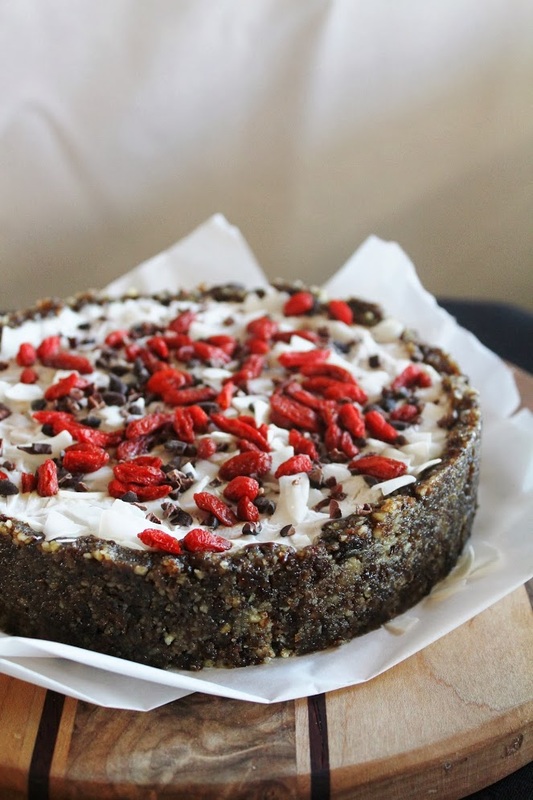
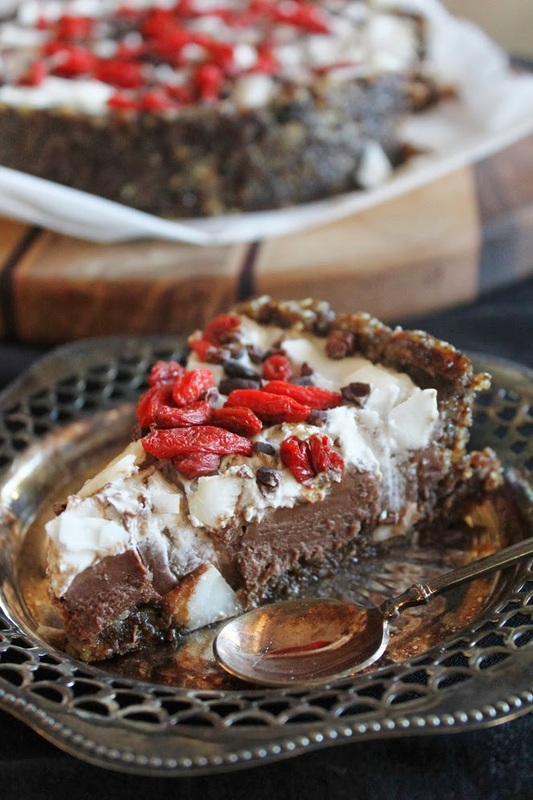

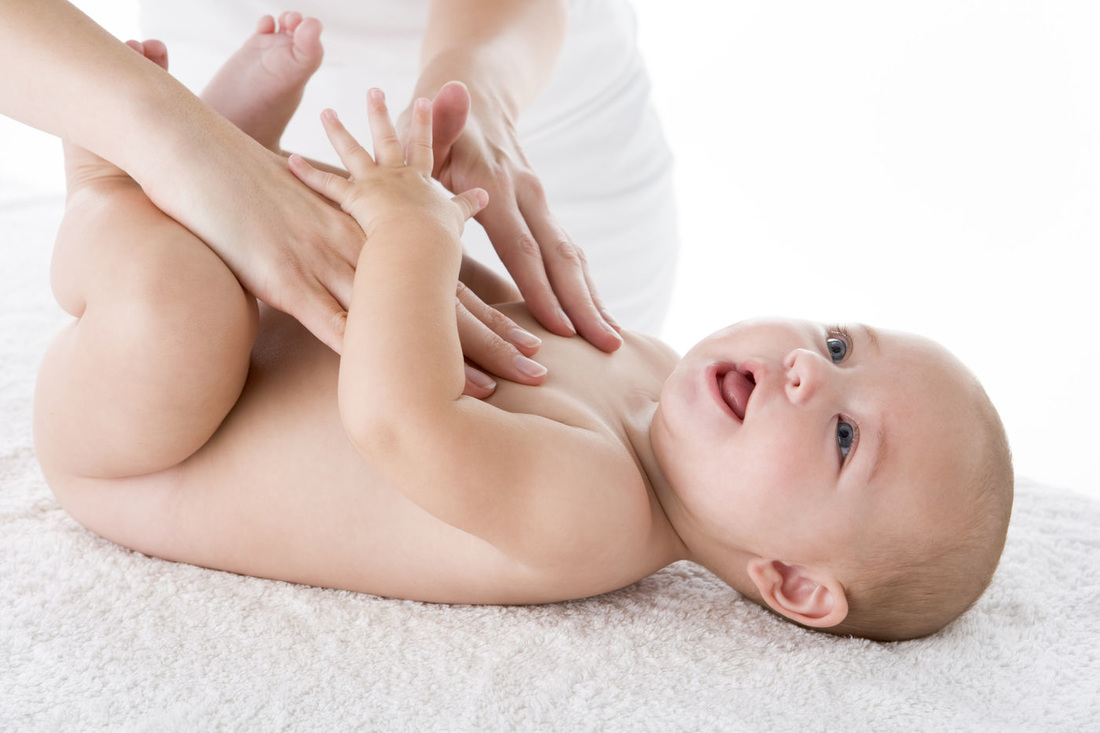
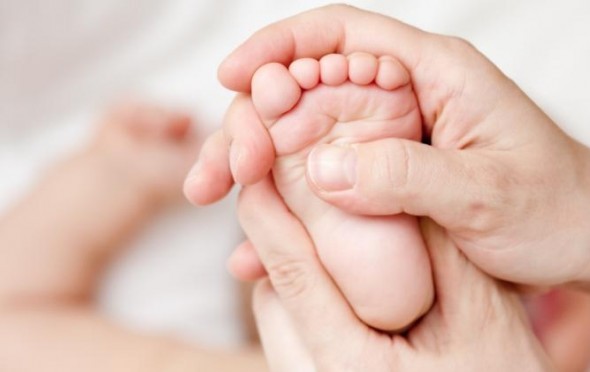
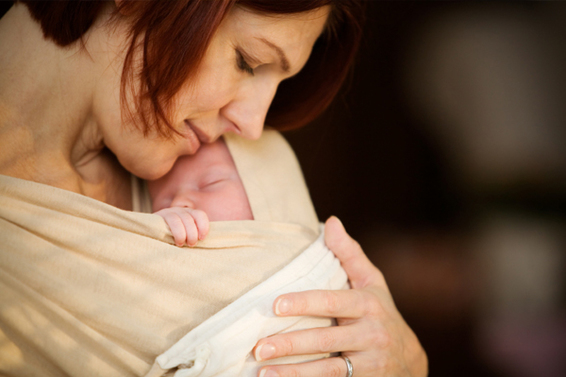
 RSS Feed
RSS Feed
